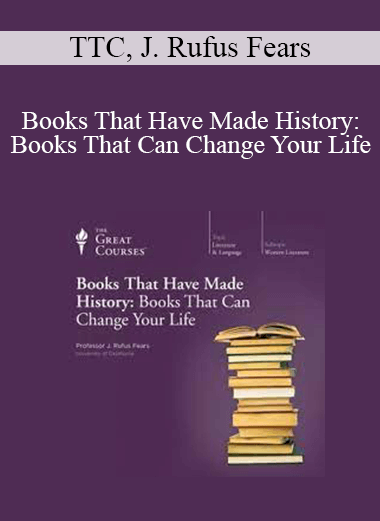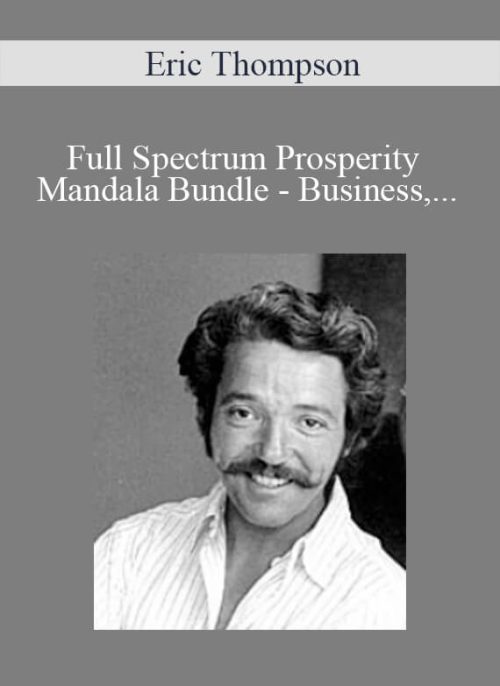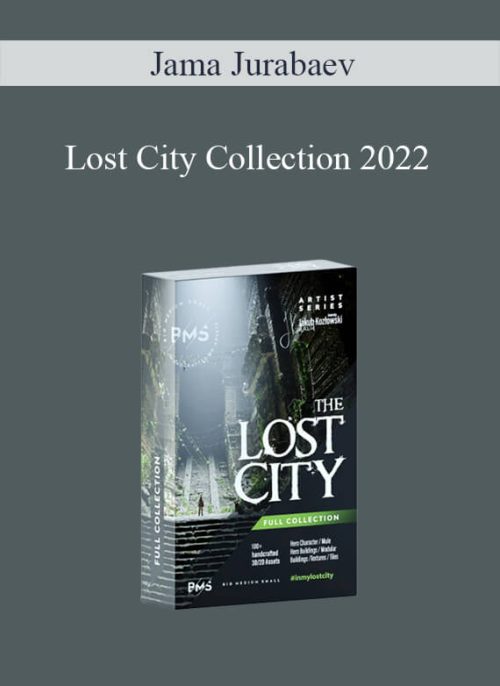TTC, J. Rufus Fears – Books That Have Made History: Books That Can Change Your Life
TTC, J. Rufus Fears – Books That Have Made History: Books That Can Change Your Life
Digital Download: You will receive a download link via your order email
In this course, Professor J. Rufus Fears presents his choices of some of the most essential writings in history. These are books that have shaped the minds of great individuals, who in turn have shaped events of historic magnitude.
Original price was: $50.00.$20.00Current price is: $20.00.
60% Off


Secure Payments
Pay with the worlds payment methods.

Discount Available
Covers payment and purchase gifts.

100% Money-Back Guarantee

Need Help?
(484) 414-5835
Share Our Wines With Your Friends & Family
Description
Books That Have Made History: Books That Can Change Your Life
There are 36 Lectures.
A written work’s message is so fundamental to the way we live that it continues to speak to us hundreds or thousands of years away from the author’s lifetime.
Why do we still respond to an ancient Greek playwright’s tale of the Titan so committed to humanity’s survival that he is willing to endure eternal torture in his defiance of the gods? To the advice of a Florentine who was exiled from the corridors of power? The horrors of endless trench warfare were written by a World War I German veteran.
What do such works mean to us? Can they deepen our knowledge? Is the experience of reading them meaningful in changing our lives?
Professor Fears presents his choices of some of the most important writings in history. These books have shaped the minds of great individuals, who in turn have shaped historic events.
The course focuses on intellectual history and ethics, not analyzing the literature or discussing it in detail. Professor Fears shows how the underlying ideas of each great work can be put to use in a moral and ethical life.
Professor Fears defines a great book as one that has a great theme of enduring importance, noble language, and a universality that allows it to speak across the ages.
The selections range from the 3rd millennium B.C. to the 20th century, from Mesopotamia and China to Europe and America.
There is a history of fundamental choices.
Few would argue against the importance of any of the books on the list. They show how humankind has dealt with the choices revolving around the three themes of God, Fate, and Good-and-Evil, and how those choices shape our morality and direct our lives as we answer the question in the fourth main theme of this course: How should we live?
The course by the University of Oklahoma’s three-time Professor of the Year is a vital intellectual and moral journey that remains constantly stimulating because of the teaching style that keeps even the most abstract concepts readily accessible.
Professor Fears is careful to refer back to the main themes identified at the beginning of the course and compare the position taken by each new author to what previously discussed authors have said. As a result, you will find that each lecture is a collection of knowledge. The ideas in each work are rich in consequence.
If you already know about these works from a literary point of view, Professor Fears approaches each of them from a completely different point of view.
Every thoughtful person has ideas.
Professor Fears is eager to point out that a grasp of those perspectives is crucial to the education of every thoughtful person.
He says that history is our sense of the past. These books are links to the great ideas of the past. The belief is that great books, great ideas and great individuals make history.
That is not a popular idea in the academic world. In the academic world, we think that social and economic forces make history. Slavery is an object of study for those who ponder the lessons of the ancient world. They are wrong. Karl Marx, the intellectual father of the idea that social and economic forces make great ideas, was wrong.
It is the great ideas that make men and women great. The great idea of truth made the Lutheran pastor who was hanged as a traitor into a great man. It was a great idea of truth and conscience that made Socrates into a great man and left the academics behind.
History will say how well we have learned from the great books. Wisdom is the ultimate goal of a course on the great books.
What can we learn from the great books?
The point is that the values we learn from absorbing the Great Books are more important than the books themselves. Professor Fears shows dramatic illustrations of the choices and values that were taken.
He talks about how Mohandas Gandhi relates his life to the time he spent reading. There is a book called Bhagavad Gita’s. He said the song as he brushed his teeth.
As Professor Fears shows us in the course, a willingness to gain wisdom was a characteristic of Gandhi, as well as a trait of his opponent, the British leader, Mr. Churchill.
History’s most profound thinkers ponder questions about life, death, God, and morality through these lectures.
- In the Meditations of Marcus Aurelius , you’ll see how words written as a means of self-education by a man who knew how ephemeral Rome’s empire really was became an enduring guidepost on the path to wisdom.
- In comparing the funeral orations given by Pericles in Athens and Lincoln at Gettysburg, you’ll experience two of the most profound statements ever made about the necessity for just wars, as two great leaders grapple with the same questions addressed by Vergil in the Aeneid .
- In Gilgamesh , you’ll see how a search for eternal life and an understanding of why we must die teaches a questing ruler the greater importance of how we should live.
- In the three plays of the Oresteia , you’ll see how murder, revenge, duty, and divine intervention are used to show how the power of choice given us by free will is not, by itself, enough, and that disaster can ensue when choice is not guided by wisdom.
A plan for the good life.
From the point of view of a historian who has ventured into philosophy and ethics due to his own interest in great historic statesmen and his interest in the history of freedom, this course covers Professor Fears’s plan for the good life.
This course is an excellent companion to other Teaching Company courses by Dr. Fears. The famous Greeks and Romans. And especially. There is a history of freedom. .
A course with optimism.
The ultimate lesson of these books is optimism.
Don’t give up. Just like Homer tells you, every day you can begin again, live your life and realize that.
You can get the books that have made history at nextskillup.com.
Delivery Method
– After your purchase, you’ll see a View your orders link which goes to the Downloads page. Here, you can download all the files associated with your order.
– Downloads are available once your payment is confirmed, we’ll also send you a download notification email separate from any transaction notification emails you receive from nextskillup.com.
– Since it is a digital copy, our suggestion is to download and save it to your hard drive. In case the link is broken for any reason, please contact us and we will resend the new download link.
– If you cannot find the download link, please don’t worry about that. We will update and notify you as soon as possible at 8:00 AM – 8:00 PM (UTC 8).
Thank You For Shopping With Us!
OUR BEST COLLECTION OF COURSES AND BOOKS





Reviews
There are no reviews yet.